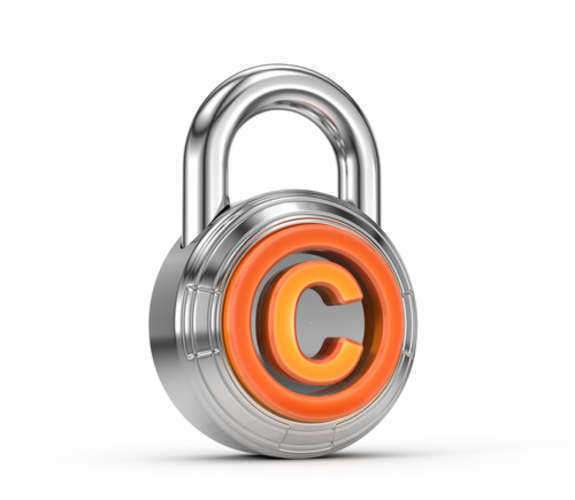Knowing Your Copyright Defenses In Advance
The owner of a copyright has
the right to take an individual or entity to court if he or she believes that
an infringement of copyright has been committed. Though the
plaintiff is likely to have a valid argument that copyright infringement has
taken place, there are several defenses a defendant can use if he or she
believes that he or she is not guilty.
The job of the plaintiff is to
prove beyond a reasonable doubt that the defendant knowingly infringed upon the
plaintiff's work of authorship . A defendant must establish doubt, resulting in
the copyright infringement trial being dismissed or the damages owed to the
plaintiff reduced.
Independent Creation
It is not uncommon for a work of independent creation authored by
the defendant to be unintentionally similar to the plaintiff's work. The
defendant must show that he or she was unaware of the plaintiff's work, so
there is no possible way that infringement took place, even with the
similarities. As a normal procedure, corporations destroy unsolicited mailings
from authors trying to secure publication.
De Minimis Copying
There is a legal doctrine known as "de minimis non curat
lex." This means that the law does not care about trivial things. This can
be applied to copyright infringement cases where a defendant can use a de
minimis copying defense against the plaintiff. This is done when the defendant
believes that only trivial portions of the plaintiff's work of authorship have
been repeated in his or her work, and no copyright infringement has taken
place. For example, if a copyrighted photograph appears subtly in the
background of another work, this defense may be used successfully.
First Sale Doctrine
First sale doctrine is a defense which limits the power of a
copyright holder, recognized by the U.S. Supreme Court in 1908. It allows a
legal purchaser of a copyrighted work to resell the work or discard it as he or
she wishes. For example, if an individual buys an album by a musical artist, he
or she may resell the album to another owner. It does not, however, allow an
individual to make an unauthorized copy of the album and give it to another
individual.
Fair Use
Fair use is an affirmative defense which may vary greatly,
depending on the actions of the plaintiff and other circumstances of the case.
The defendant can apply fair use to a number of cases. If the defendant used
the copyrighted work for the purpose of non-profit, educational use, the case
may be dismissed. In addition, copyrighted work may be legally used by another
author for criticism, commentary, news reporting, or for specific research
purposes. Courts will generally look at the effect of the claimed infringement
on the original work's value among other factors before deciding if the case
constitutes fair use.
